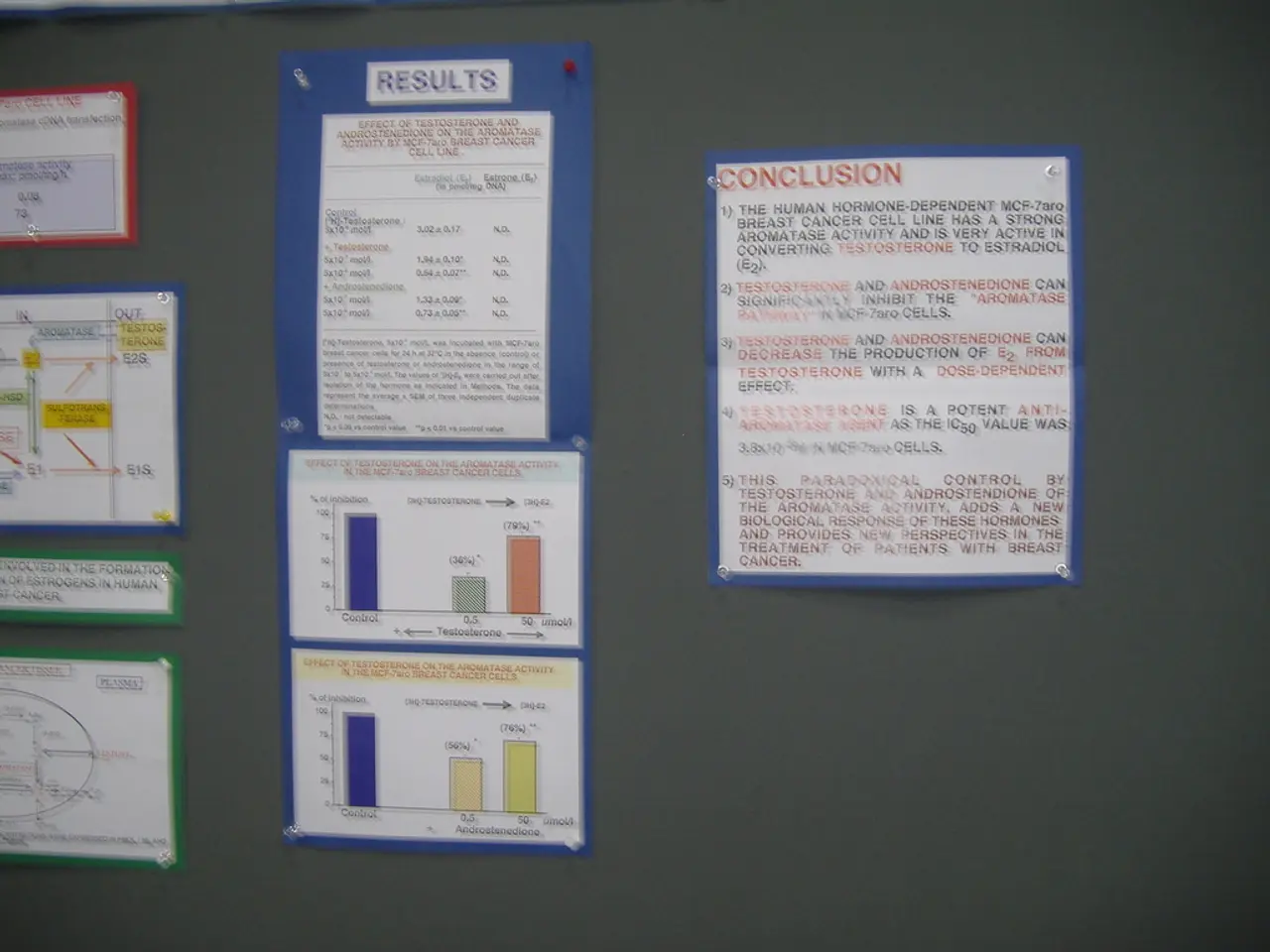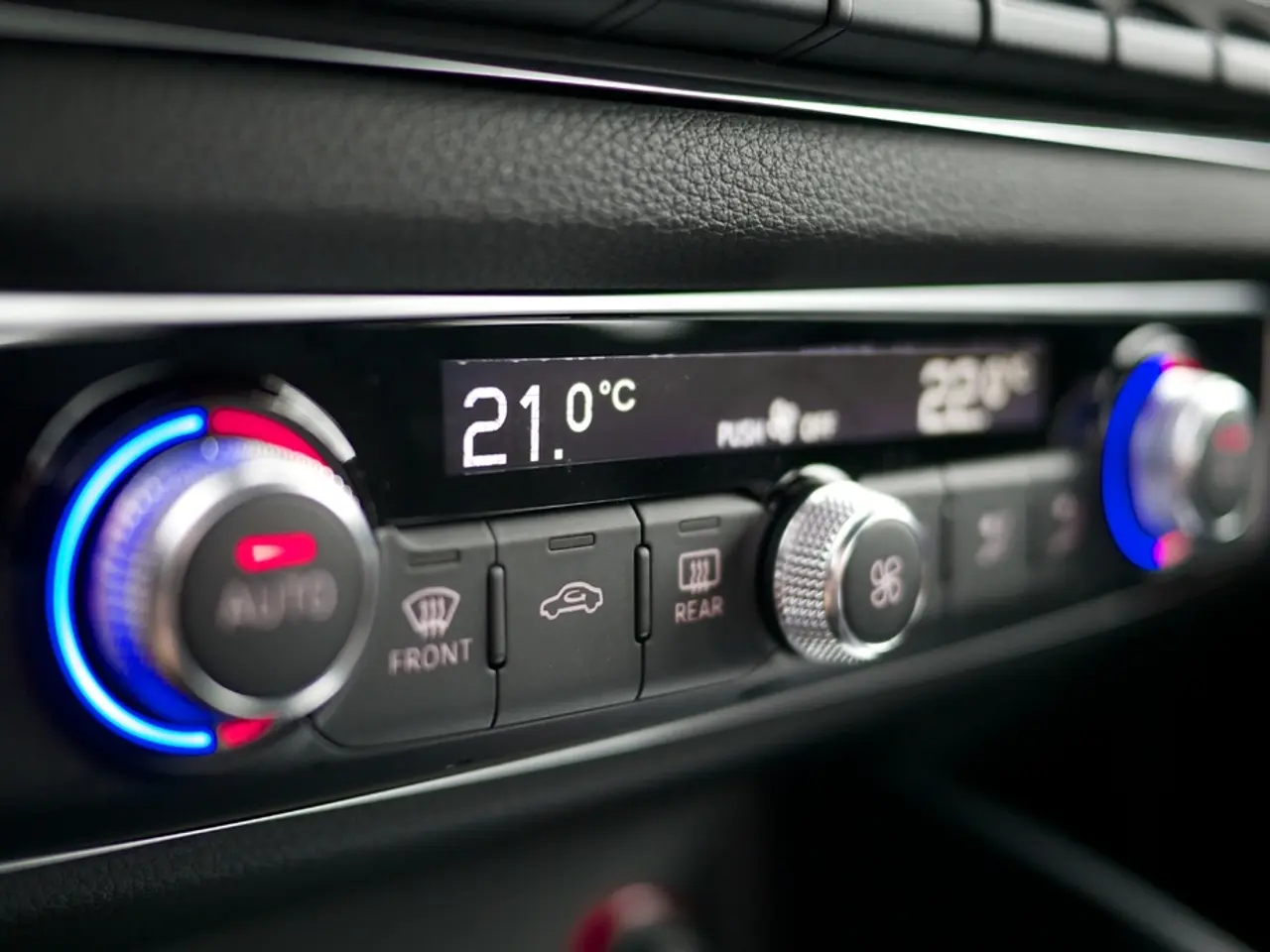Strategies for Sustainable Spending from Your Emergency Financial Reserves
Unfiltered Guide to Emergency Funds: A Sassy, Straight-Talking Approach
Life can toss you curveballs faster than a hot mess, and that's when you need to dive into your emergency fund. Over the past half a year, I've found myself turning to my stash more than I'd like—but hey, better safe than sorry, amirite? Since it's been on my mind, I figured I'd spill the beans about what an emergency fund is, and how to keep one.
But lemme be clear, y'all—I'm not your financial guru. Consult a pro when making bank moves. I'm just here to shoot the shit about finances, and this is what's worked for me personally.
So, WTF is an Emergency Fund?
Probably wondering what an emergency fund is and how it differs from your regular savings account, eh?
An emergency fund is a dedicated savings account for an unexpected, well, emergency. Imagine the mother of all crap situations: illness, injury, or travel to save a loved one in a pinch. You want to have enough moolah to keep your head above water for six months, baby. It'll take a while to save up, but any cash stashed in your emergency fund is better than none at all, so don't get discouraged.
Keep your emergency fund liquid, meaning money you can access pronto. Don't squirrel it away in a GIC, because emergencies ain't planned. You need funds fast during a crisis.
Plan your emergency fund knowing your essential expenses: rent or mortgage, groceries, and basic phone plan, for example. It ain't for fancy dinners or binging subscription services, k?
When to Dip into your Emergency Fund
An emergency fund is for emergencies, plain and simple. It's tempting to dip into it because, well, it's there. But don't dip unless you're facing a true emergency.
Your emergency fund is your safety net, not a wallet for stuff you should be saving for separately, like car maintenance or new appliances.
Using your Emergency Fund Effectively
I've been thinking about this a lot recently, thanks to my unexpected injury and its impact on my work. Tapping into my emergency fund has become a reality, so here's what I'm doing to make it last:
NewsFlash:
- Calculate your essential expenses—include all your monthly bills.
- Score the highest interest rate on your savings account, to stretch those emergency fund dollars.
- Cut back on unnecessary expenses, learn to score deals on groceries, and walk more to save on gas.
- Track your spending to know exactly how much you've spent and what's left.
- Look for alternate income sources, such as government assistance or employer-provided benefits.
- Be smart about what's essential—avoid overspending on non-essentials to keep the fund alive.
Finances, Bitch: More Content
Want more deets on finances? I got 'cha:
*Money Master Class: A Year of Financial Whispers in Your Ear*
*10 Reasons to Keep Track of Every Damn Penny You Spend*
*What the Heck does Finances Have to Do with Sustainable Living?*
*Turn Dreams into Practical Steps: 3 Financial Essentials to Revolutionize Your Life*
Want to Keep in Touch?
Sign up for our newsletter and hear from us about finances and other fun topics:
Subscribe Here!
or fill out this form
You can unsubscribe anytime, kiddo.
Share the Love
Share this post with your friends—you know, the ones who need to get their shit together, financially speaking.
- Click to share on Facebook
- Click to share on Twitter
- Click to share on LinkedIn
- Click to share on Pinterest
- Click to share on Reddit
- Click to share on X
- Click to share on Other Spots
- Click to email a link to a friend
- Click to share on Telegram
- Click to share on Threads
- Click to share on Bluesky
An emergency fund, different from a regular savings account, is a dedicated savings account for unexpected emergencies such as illness, injury, or travel to save a loved one in a pinch. It's essential to maintain the emergency fund liquid and accessible for quick use, as it's not a wallet for non-essential expenses like car maintenance or new appliances.
Your emergency fund is your safety net, and it should be used wisely. Although it's taxing not to dip into it for non-emergencies, it's important to keep a personal-finance lifestyle and maintain a natural balance between saving and spending.




